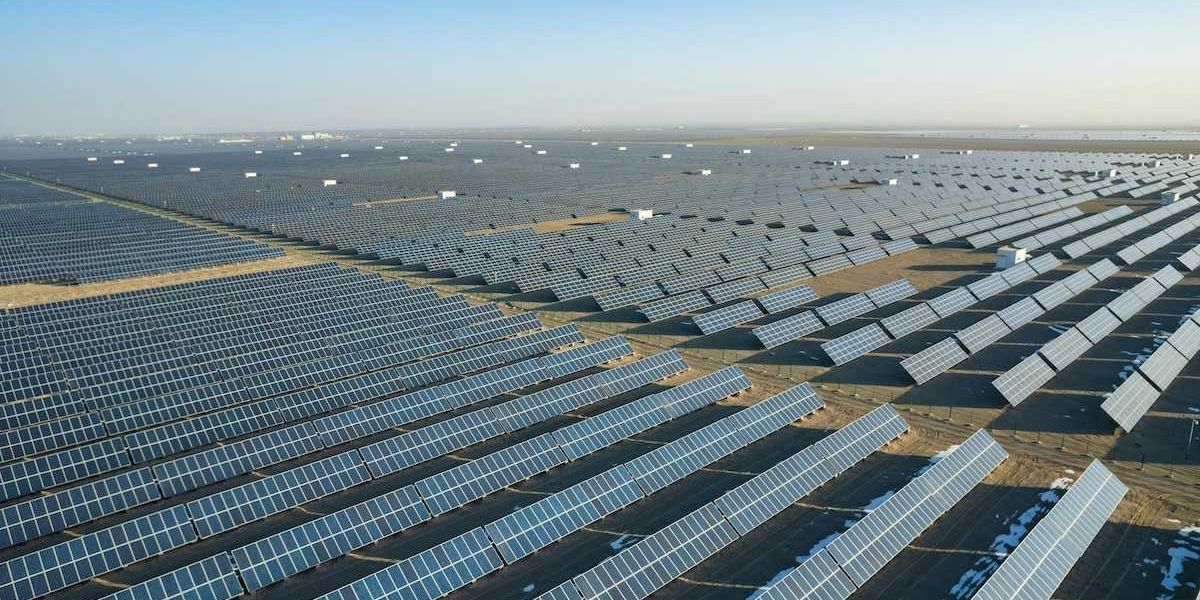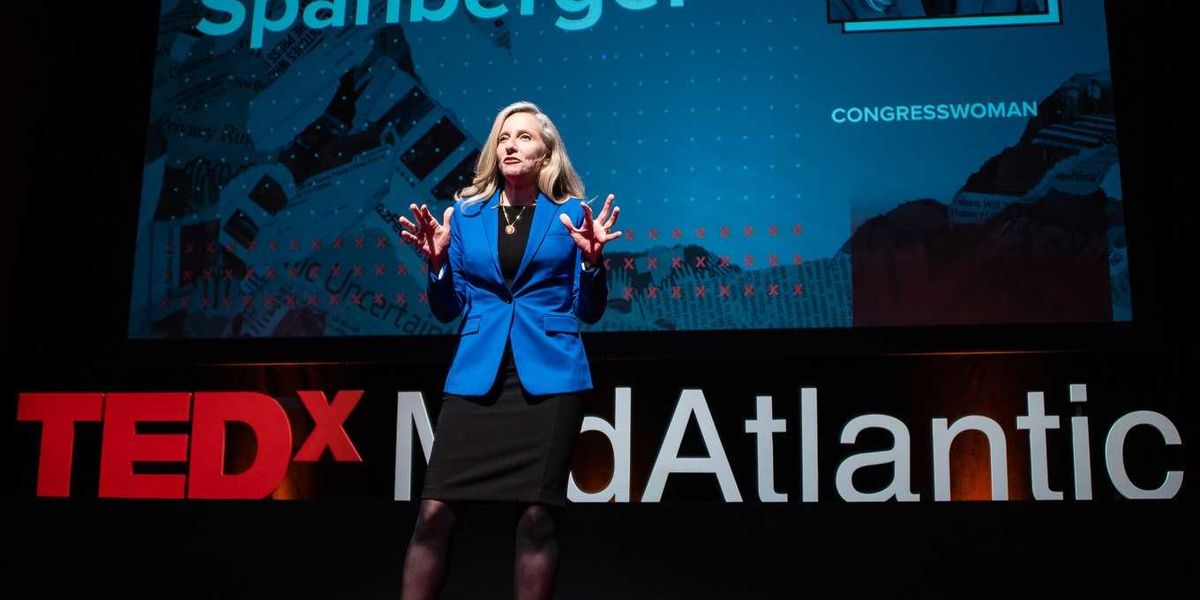South Dakota blocks carbon pipeline plan amid landowner resistance and legal hurdles
A key carbon pipeline proposal in the Midwest faces delays after South Dakota regulators rejected its permit, citing an unworkable route and state laws limiting eminent domain.
Sarah Raza reports for The Associated Press.
In short:
- South Dakota’s Public Utilities Commission denied Summit Carbon Solutions' permit for its $8.9 billion pipeline, citing legal and logistical concerns, including a new state law banning eminent domain for carbon pipelines.
- The proposed 2,500-mile project would carry carbon from ethanol plants across five states to underground storage in North Dakota, but opposition from landowners along the South Dakota route stalled progress.
- Summit plans to submit a revised route that avoids areas with strong landowner resistance and seeks voluntary agreements instead of forced acquisition.
Key quote:
“Today is a victory for South Dakota landowners and local control.”
— Ed Fischbach, board member of Dakota Rural Action
Why this matters:
Carbon capture pipelines are marketed as a key part of the climate solution, especially in agriculture-heavy regions like the Midwest, where ethanol production plays a major economic role. But these projects increasingly spark backlash from rural landowners who worry about property rights, safety, and whether such efforts truly benefit the environment or mainly serve corporate interests. South Dakota's decision reflects mounting concerns about the use of eminent domain for private infrastructure. The push to bury carbon also sidesteps broader debates about reducing emissions at the source, especially from fossil fuels, and risks entrenching industrial agriculture and ethanol as "greenwashed" solutions.
Learn more: Carbon capture technology faces cost and scale challenges













